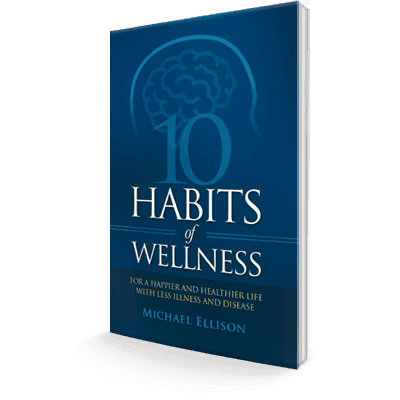Inactivity is as harmful as smoking
The toll on your body from not exercising is about the same as the horrible toll that smoking takes. Most people today are too sensible to consider ravaging their health by smoking. Unfortunately, many of the same people fail to recognize the extraordinary benefits of exercise in preventing and treating medical problems. Regular physical exercise decreases your risk of premature death, heart and blood vessel disease, cancer, stroke, diabetes, obesity, high blood pressure, osteoporosis, bone fractures, anxiety and depression. Exercise also decreases your overall healthcare costs. Thousands of exercise-based research studies published over the past 30+ years add up to one inescapable conclusion: exercise = preventive medicine. What about exercise and the brain, though? Just as you can bulk up a specific muscle through exercise, you can enlarge and strengthen specific regions of your brain through exercise. Sound crazy? It isn’t; it’s science.
Walk toward a bigger, healthier brain
Moderate physical exercise, such as walking for at least 30 minutes three or more times a week, does all this:- Increases blood flow to the brain
- Enlarges your frontal lobes (where decision-making, planning and remembering reside)
- Adds new memory-recording neurons in your hippocampus (where memory-making occurs)

Special benefits for older women
Of interest to women, in particular, is another study published in the Journal of the American Medical Association. The conclusion: “… long-term regular physical activity, including walking, is associated with significantly better cognitive function and less cognitive decline in older women.” What about people who may already be headed for Alzheimer’s or another form of dementia? One study of over 1,700 people ages 65+ said that regular physical exercise “is associated with a delay in onset of dementia and Alzheimer’s disease.” Another found that in people already suffering memory loss, exercise five days a week for just 30 minutes daily could actually bring improvement.Strengthen memory, too
Could exercise help you remember and think better? Does exercise protect your brain from those times when you can’t remember where you left your car keys? Absolutely. From a study by Dr. Kirk Erickson and his colleagues at the University of Pittsburg and University of Illinois, Urbana-Champaign: “Our results clearly indicate that higher levels of aerobic fitness are associated with increased hippocampal volumes in older humans, which translates to better memory function.” Clearly, when it comes to brain health, physical fitness translates to mental fitness. As study after study demonstrates, you don’t need to run marathons or become a long-distance swimmer to benefit, grow and protect this most precious organ. Just place one foot in front of the other, and keep going. This article is intended for educational purposes only.Reference:
- Bendheim, PE, M.D. (2009). The Brain Training Revolution. A Proven Workout for Healthy Brain Aging. Naperville, IL: Sourcebooks, Inc.











